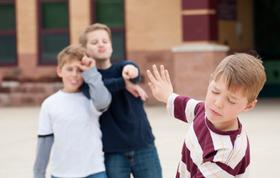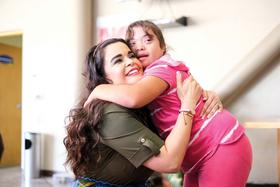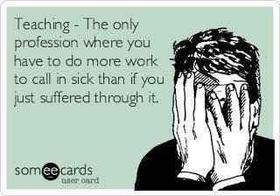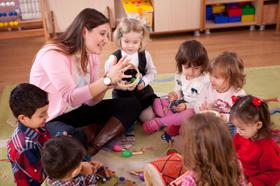Many children struggle with school. Sometimes these problems are caused by a lack of interest, while other times they may be created by learning challenges that your child faces. If your child is having difficulty in school, this does not mean the child cannot ultimately succeed. There are many ways to help your child overcome academic hurdles. In fact, one of the solutions to overcoming academic problems is to have your child work with a tutor.
However, before you hire a private tutor, or sign your child up at the local learning center, you should first confirm whether your child truly needs the one-on-one attention the tutor provides.
How do I know if my child needs a tutor?
First, before you even hire a tutor or visit a learning center, you should determine whether or not your child needs a tutor. Ask yourself these questions:
- Are your child’s grades slipping?
- Is your child obtaining great grades, but not feeling challenged at school?
- Is your child displaying low self-esteem, or thinking negatively about himself or herself in regards to school performance?
- Does your child’s teacher think he or she may need a tutor, or sends notes home indicting he or she may need help with his or her homework?
- Does a college your child wants to attend require high scores on tests to be accepted?
If the answer to any of these questions is, “yes,” these are signs that a one-to-one tutor may be useful to help your child to enjoy learning. A































